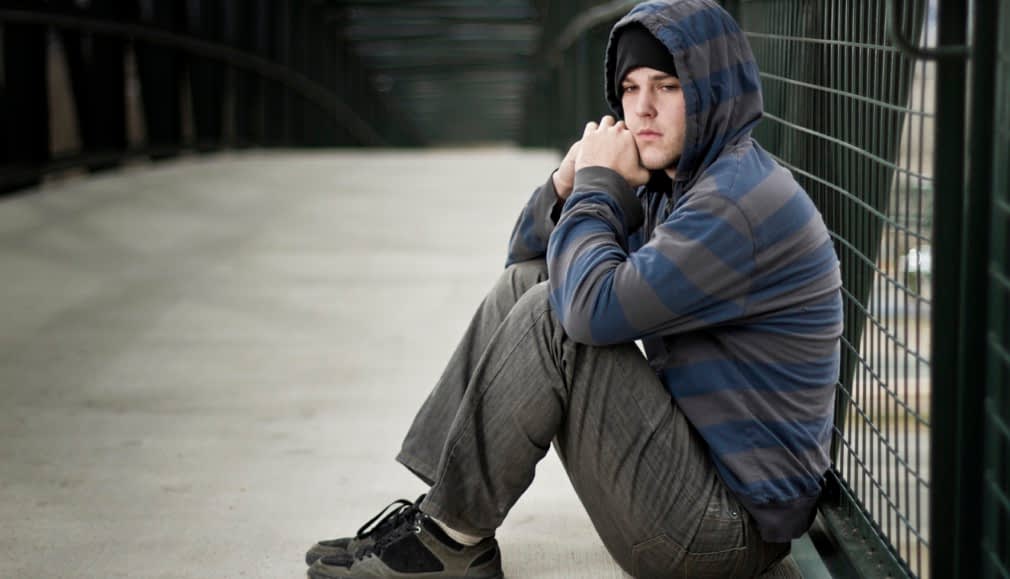How familiar are you with the Michigan criminal justice system? Do you need to speak with a juvenile criminal defense attorney? This article addresses some of the frequently asked questions surrounding the Michigan juvenile justice system and what to do if you or a loved one are facing charges.
Do you have a juvenile facing charges? Unhappy with your juvenile criminal defense attorney? Request a free consultation now.

1. How Does Michigan Define a Juvenile?
Under current Michigan law, a person is considered an adult for purposes of the criminal law at the age of 17.
So, if a 17-year-old is accused of a crime, he or she will be tried as an adult in either district or circuit court rather than in family court.
If a juvenile is 14, 15, or 16 years old and is accused of committing a felony, the prosecutor may file a motion that asks the family court to waive its delinquency jurisdiction.
This is to allow the juvenile to be tried in the same manner as an adult in a court of general criminal jurisdiction.
2. Can a Juvenile’s Parents or Guardians Ever Be Held Responsible for the Juvenile’s Actions?
Michigan has parental responsibility laws that impose liability on parents for the delinquent behavior of their children.
These laws attempt to involve parents in the lives of their children by holding them civilly and/or criminally liable for their children’s actions.
Penalties for violation of these laws include:
- increased participation by parents in juvenile proceedings,
- financial responsibilities for restitution payments and court costs,
- financial responsibility for detention, treatment, and supervisory costs,
- participation in treatment, counseling and other diversion programs, and
- criminal responsibility and possible jail time for parents found negligent in their supervision.
3. What are Delinquency Proceedings?
Delinquency proceedings happen when dealing with juveniles under the age of 17 who are charged with a violation of any criminal law, criminal ordinance, traffic law, or with a status offense.
Status offenses include running away from home, incorrigibility and school truancy.
Delinquency proceedings occur within the Family Division of the court system.
If the juvenile is found responsible for the offense, the Family Division may order a juvenile disposition, which is an official document that details the final outcome of the case.
An order of disposition includes placing the juvenile on probation or committing the juvenile to state wardship.
Do you have a juvenile facing charges? Unhappy with your juvenile criminal defense attorney? Request a free consultation now.
4. Does Michigan Have Juvenile Jails?
There’s no such thing as juvenile jail, but there are juvenile facilities that young people who break the law can be sentenced to by family court judges.
Although they’re not called “jail,” the juvenile facilities are locked-down facilities.
In Michigan, the treatment for juvenile crimes is to rehabilitate the young offender, while the result for adult crimes is generally punishment.
5. What Happens If a Juvenile is Found to Have Committed a Crime?
In the Michigan juvenile justice system, if a juvenile has been found to have committed an offense, the court may enter an order of disposition.
The court has multiple options available, including:
- returning the juvenile to his or her parents,
- warning the juvenile or the juvenile’s parents and dismissing the petition,
- ordering a term of in-home probation,
- ordering the juvenile placed in suitable foster care,
- ordering the juvenile placed in, or committed to, a private or public institution or agency, and
- ordering that the juvenile satisfactorily complete a training program in a juvenile boot camp.
Understanding the Michigan Juvenile Justice System
It’s important to understand legal proceedings when a juvenile commits a crime.
Within the Michigan juvenile justice system, parents can be held liable for the delinquent behavior of their children.
And while the desired outcome of any proceeding against a juvenile is rehabilitation, the court can sentence young offenders to juvenile facilities.
Do you have a juvenile facing charges? Unhappy with your juvenile criminal defense attorney? Request a free consultation now.
